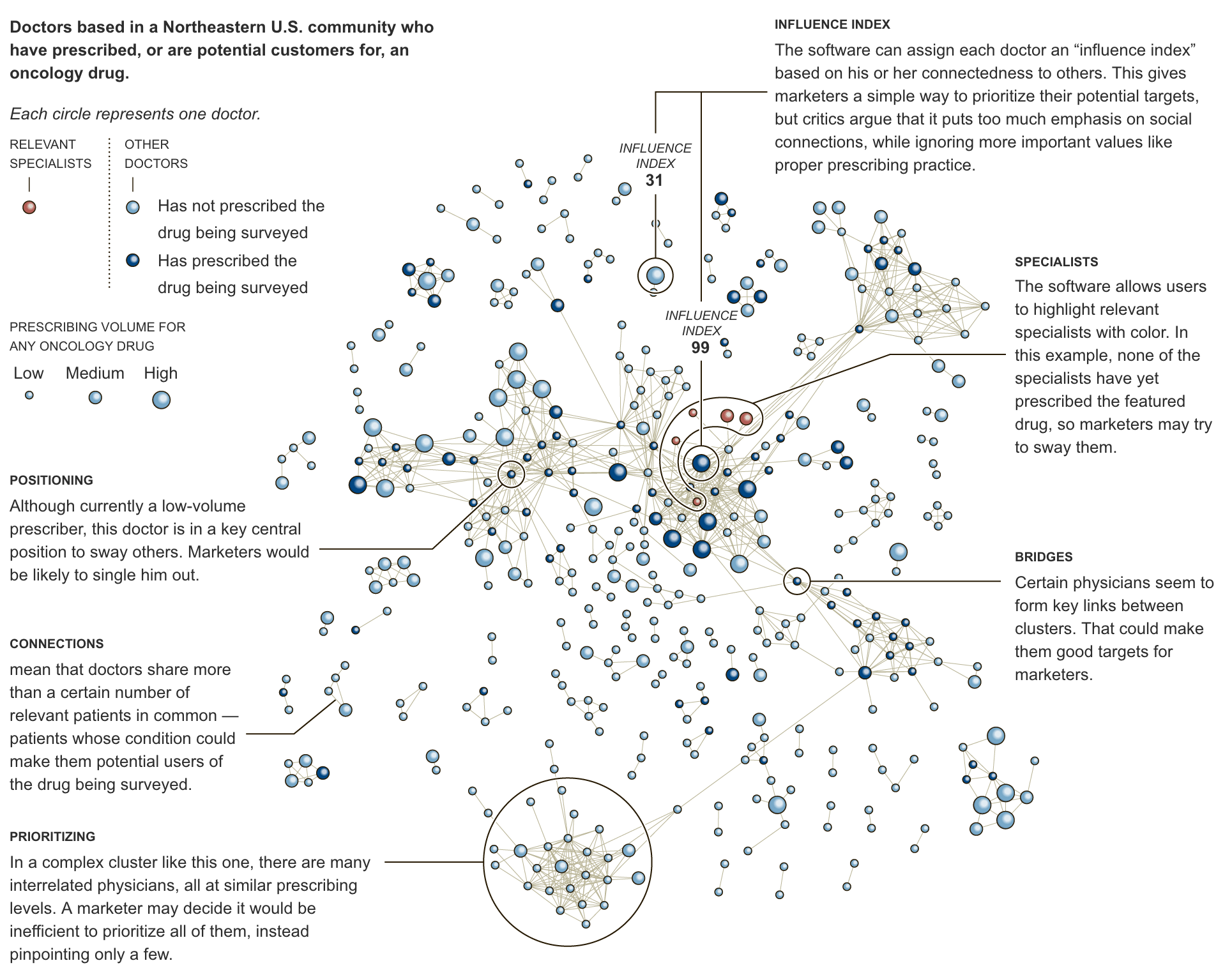Steven Weber, professor in the School of Information and Political Science department at UC Berkeley, in Policy by the Numbers: “It’s commonly said that most people overestimate the impact of technology in the short term, and underestimate its impact over the longer term.
Where is Big Data in 2013? Starting to get very real, in our view, and right on the cusp of underestimation in the long term. The short term hype cycle is (thankfully) burning itself out, and the profound changes that data science can and will bring to human life are just now coming into focus. It may be that Data Science is right now about where the Internet itself was in 1993 or so. That’s roughly when it became clear that the World Wide Web was a wind that would blow across just about every sector of the modern economy while transforming foundational things we thought were locked in about human relationships, politics, and social change. It’s becoming a reasonable bet that Data Science is set to do the same—again, and perhaps even more profoundly—over the next decade. Just possibly, more quickly than that….
Can data, no matter how big, change the world for the better? It may be the case that in some fields of human endeavor and behavior, the scientific analysis of big data by itself will create such powerful insights that change will simply have to happen, that businesses will deftly re-organize, that health care will remake itself for efficiency and better outcomes, that people will adopt new behaviors that make them happier, healthier, more prosperous and peaceful. Maybe. But almost everything we know about technology and society across human history argues that it won’t be so straightforward.
…join senior industry and academic leaders at DataEDGE at UC Berkeley on May 30-31 to engage in what will be a lively and important conversation aimed at answering today’s questions about the data science revolution—and formulating tomorrow’s.


